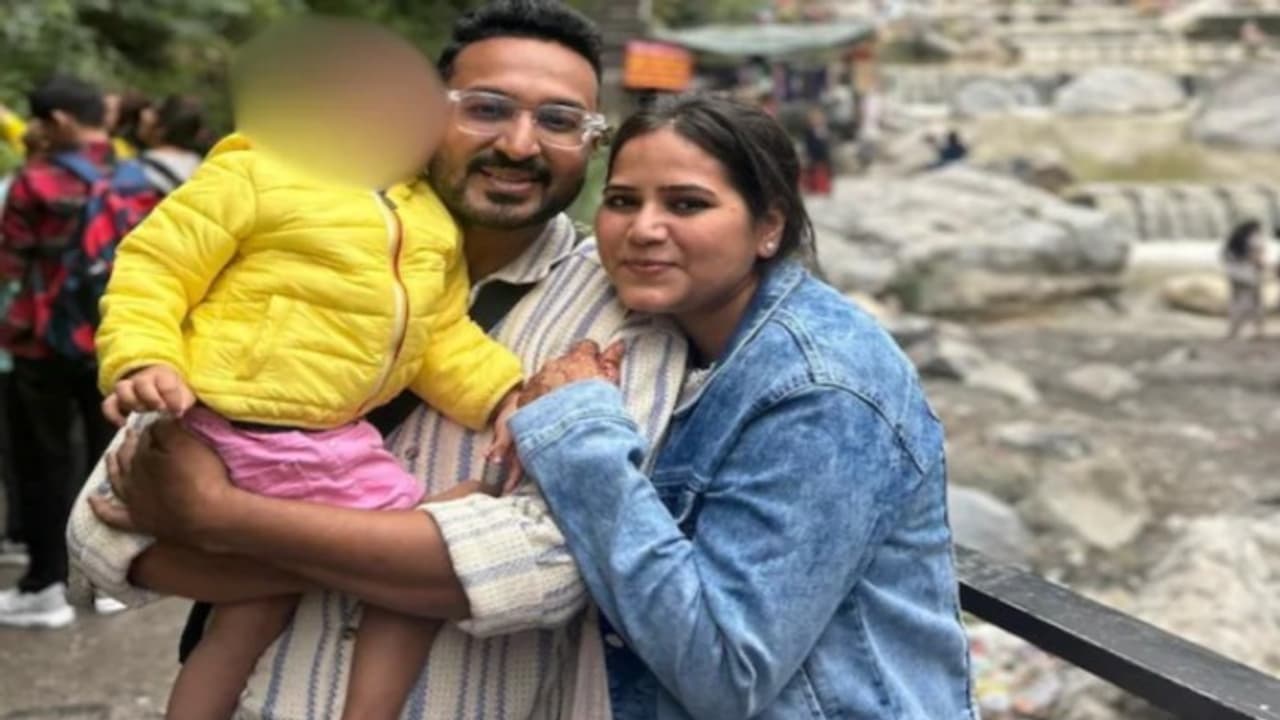A three-year-old girl in Indore died after her parents initiated her into Santhara, a Jain ritual of fasting unto death, following advice from a spiritual leader. The incident has sparked ethical and legal debates.
In a heart-wrenching incident from Indore, Madhya Pradesh, a three-year-old girl named Viyana Jain passed away after being initiated into the Jain ritual of Santhara, a voluntary fast unto death. Diagnosed with a brain tumor in January 2025, Viyana underwent surgery, which initially showed signs of improvement. However, her condition deteriorated in March, leading to difficulties in eating and drinking.

On March 21, her parents took her to Jain monk Rajesh Muni Maharaj for blessings. Observing her critical state, the monk suggested the Santhara ritual. Following the ritual's completion, Viyana passed away within minutes. Her parents later claimed that the Golden Book of World Records recognized her as the youngest person to undertake Santhara. Many people criticised the couple for taking such a decision on the girl's behalf and then ‘celebrated the death of the 3-year-old girl by registering her name in World Records Book’
Understanding Santhara: The Jain ritual of fasting unto death
Santhara, also known as Sallekhana, is a centuries-old Jain practice where an individual voluntarily fasts unto death. This ritual involves gradually reducing the intake of food and water, aiming to purify the soul and attain liberation (moksha) from the cycle of birth and death. Traditionally, it's undertaken by elderly or terminally ill individuals who, with a clear mind and after seeking permission from family and religious leaders, choose to embrace death peacefully.
The practice is deeply rooted in Jain philosophy, emphasizing non-attachment and self-discipline. It's viewed not as suicide but as a spiritual process of letting go of worldly desires and passions. Participants often engage in meditation, reflection, and seek forgiveness during this period.
Legal and ethical debates surrounding Santhara
Santhara has been at the center of legal and ethical debates in India. In August 2015, the Rajasthan High Court declared the practice illegal, equating it to suicide under Sections 306 and 309 of the Indian Penal Code. The court argued that the ritual violated the right to life.
However, the decision faced backlash from the Jain community, who viewed it as an infringement on religious freedom.
Subsequently, the Supreme Court of India stayed the Rajasthan High Court's verdict, allowing the practice to continue pending further review.
Concerns over involving minors in Santhara
While Santhara is traditionally reserved for consenting adults, recent incidents have raised concerns about minors being involved in the ritual. In 2016, a 13-year-old girl in Hyderabad died after undertaking a 64-day fast, leading to public outcry and legal scrutiny. Child rights activists argue that children cannot provide informed consent and that such practices violate child protection laws.
The case of Viyana Jain has reignited these debates, prompting calls for clearer guidelines and stricter enforcement to prevent minors from being subjected to such practices.
The tragic death of three-year-old Viyana Jain highlights the complex intersection of religious traditions, legal frameworks, and child rights. As discussions continue, there's a pressing need to balance respect for religious practices with the protection of vulnerable individuals, especially children, ensuring that age-old rituals do not come at the cost of young lives.


